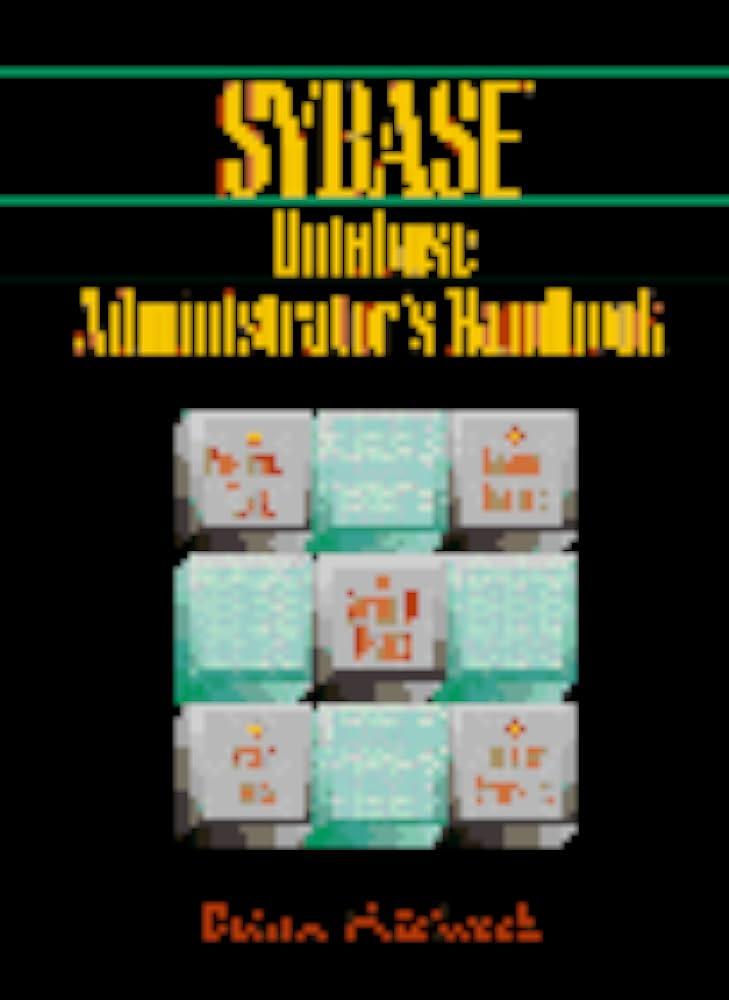Question
I need help with implementing the function daytime in the included code. I keep getting an error and I'm unable to figure why. I have
I need help with implementing the function daytime in the included code. I keep getting an error and I'm unable to figure why. I have included my code within the daytime function below.
""" Functions for parsing time values and determining daylight hours.
Both of these functions will be used in the main project. You should hold on to them.
Author: Date: """ import pytz from dateutil.parser import * import datetime from pytz import *
def str_to_time(timestamp,tzsource=None): """ Returns the datetime object for the given timestamp (or None if timestamp is invalid).
This function should just use the parse function in dateutil.parser to convert the timestamp to a datetime object. If it is not a valid date (so the parser crashes), this function should return None.
If the timestamp has a time zone, then it should keep that time zone even if the value for tzsource is not None. Otherwise, if timestamp has no time zone and tzsource is not None, then this function will use tzsource to assign a time zone to the new datetime object.
The value for tzsource can be None, a string, or a datetime object. If it is a string, it will be the name of a time zone, and it should localize the timestamp. If it is another datetime, then the datetime object created from timestamp should get the same time zone as tzsource.
Parameter timestamp: The time stamp to convert Precondition: timestamp is a string
Parameter tzsource: The time zone to use (OPTIONAL) Precondition: tzsource is either None, a string naming a valid time zone, or a datetime object. """ # HINT: Use the code from the previous exercise and add time zone handling. # Use localize if tzsource is a string; otherwise replace the time zone if not None pass # Implement this function
try: result = parse(timestamp)
except: return None
else: result = parse(timestamp)
if result.tzinfo == None:
if type(tzsource) == str: tz = pytz.timezone(tzsource) result = tz.localize(result) return result
elif tzsource != None: result = result.replace(tzinfo=tzsource.tzinfo) return result return result
def daytime(time,daycycle): """ Returns True if the time takes place during the day, False otherwise (and returns None if a key does not exist in the dictionary).
A time is during the day if it is after sunrise but before sunset, as indicated by the daycycle dictionary.
A daycycle dictionary has keys for several years (as strings). The value for each year is also a dictionary, taking strings of the form 'mm-dd'. The value for that key is a THIRD dictionary, with two keys "sunrise" and "sunset". The value for each of those two keys is a string in 24-hour time format.
For example, here is what part of a daycycle dictionary might look like:
"2015": { "01-01": { "sunrise": "07:35", "sunset": "16:44" }, "01-02": { "sunrise": "07:36", "sunset": "16:45" }, ... }
In addition, the daycycle dictionary has a key 'timezone' that expresses the timezone as a string. This function uses that timezone when constructing datetime objects using data from the daycycle dictionary. Also, if the time parameter does not have a timezone, we assume that it is in the same timezone as the daycycle dictionary.
Parameter time: The time to check Precondition: time is a datetime object
Parameter daycycle: The daycycle dictionary Precondition: daycycle is a valid daycycle dictionary, as described above """ # HINT: Use the code from the previous exercise to get sunset AND sunrise # Add a timezone to time if one is missing (the one from the daycycle) pass # Implement this function try: if time.tzinfo == None: tz = pytz.timezone(daycycle['timezone']) time = tz.localize(time)
yrs = time.strftime('%Y') dates = time.strftime('%m-%d')
settime = daycycle[yrs][dates]['sunset'] settime = parse(settime)
risetime = daycycle[yrs][dates]['sunrise'] risetime = parse(risetime)
dctz = daycycle['timezone']
sunset = date.time(time.year, time.month, time.day, settime.hour, settime.minute, settime.second, settime.microsecond) sunset = date.time(time.year, time.month, time.day, risetime.hour, risetime.minute, risetime.second, risetime.microsecond)
dctz = pytz.timezone(dctz) sunset = dctz.localize(sunset) sunrise = dctz.localize(sunrise)
return sunrise < time < sunset
except: return None
Step by Step Solution
There are 3 Steps involved in it
Step: 1

Get Instant Access to Expert-Tailored Solutions
See step-by-step solutions with expert insights and AI powered tools for academic success
Step: 2

Step: 3

Ace Your Homework with AI
Get the answers you need in no time with our AI-driven, step-by-step assistance
Get Started


